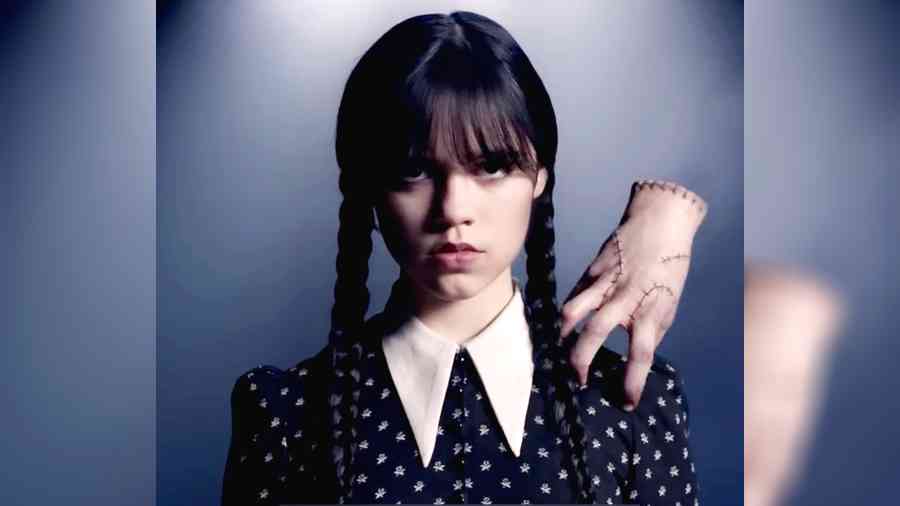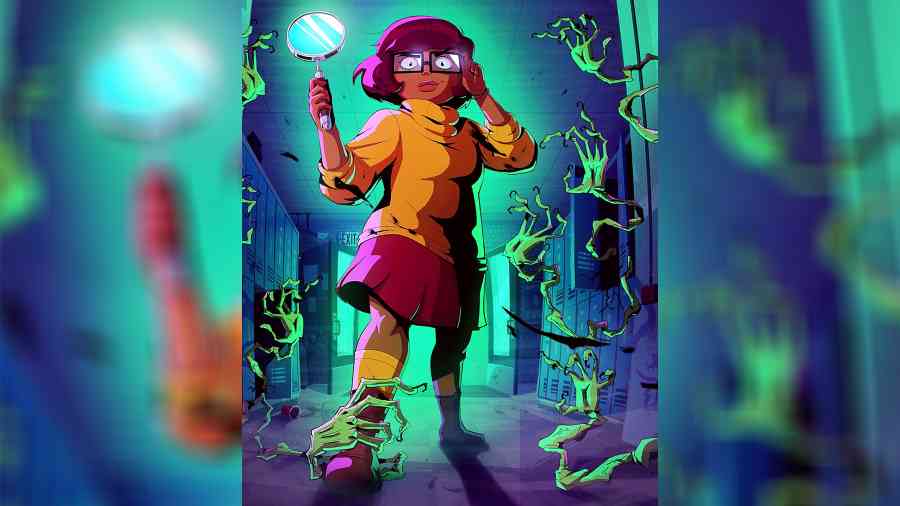The hype around the Barbie movie is real and we are here for it. The Greta Gerwig-led production boasts a star-studded cast and hints at a simple yet intricate storyline. But the anticipation surrounding the movie is also synonymous with a larger pop culture phenomenon: the rise of nostalgia in television and cinema. Nostalgia is steeped into the current landscape of pop culture, from fashion to film, from reboots to reruns.
Seeking comfort in the past
If you have been on Instagram in the past week or so, you might have noticed the rising number of Reels reminiscing Stranger Things. The Netflix series, which aired its penultimate season last summer, is set in the ’80s. It is detailed with all the peak pop culture moments from the era, from the good (Madonna’s hits and Dungeons & Dragons) to the bad (the Satanic Panic), to the thrilling (evil beings from an alternate universe). Nonetheless, the show has been successful in creating nostalgia for the ’80s with fans seeking comfort in the various adventures of its teenage protagonists taking place in an otherwise idyllic summer in the small and fictional town of Hawkins. There is a certain assurance that comes from watching television tinged with nostalgia for a simpler past. This is especially true after the pandemic, which has been one of the most disruptive events ever.
Are you seeking comfort from reruns of your favourite show or ones set in the past? Well, if the popularity of nostalgia-tinted series is anything to go by, you are not alone. A study cited in Psychology Today observed: “Triggers for nostalgia were negative emotions and mood states, particularly loneliness, experiences that we have all had to face due to Covid-19.” It also stated: “Research supports the efficacy of nostalgia as a coping mechanism. As a result of engaging in nostalgic recollections, people often report
experiencing a more positive mood, feeling more socially connected, and having a greater sense that their lives are meaningful. This has led some to suggest that nostalgia might even be useful as a psychotherapeutic technique.” So, seeking comfort in the past is very real.
There might be predictability in binge-watching reruns because, of course, no matter how thrilling, you know exactly how it will play out. There are no ugly surprises. Instead, you can comfortably revisit the moments and feelings of the past when you first watched the show.

Wonka stars Timothee Chalamet

Addams Family spin-off, Wednesday
Revaluating with reboots
This year can well be declared the year of reboots (and sequels). From the Barbie movie to the new HBO Max series, Velma, and Wonka, starring Timothee Chalamet in the titular character, the year is lined up with multiple reboots, adaptations and sequels. Reboots are always a great way to jog some comfort memories.
Take the Addams Family spin-off, Wednesday, for example. It has become hugely popular ever since it came out last year. The Addams Family story has seen multiple reboots in film, television, comics, and such over the years, with new nuances, creating a new wave of fans every few decades. For creators, reboots and sequels are also a way to tap into established fandoms as well as draw in new audiences influenced by older fans and a craving for nostalgia.
Nevertheless, other than reminiscing, reboots also help revaluate stories and narratives. There is much more awareness and activism about societal issues today and their subsequent representation in media. Rebooted series can help explore such topics not only for re-watchers and help them revaluate, but also pull in a new crowd through nostalgia paired with present awareness. Take F.R.I.E.N.D.S. for example. The hit ’90s sitcom has faced a lot of flak over the years for its sheer insensitiveness on many issues. Suppose we do get a reboot or a sequel of it in the near future, it would also call for correcting such issues. Recently, there was a lot of outrage around the casting of Halle Bailey as the Little Mermaid. Racists were outraged at the casting of a Black woman for a fictional mermaid. Besides the absurdity of complaints, diversity in representation is always a welcome change, especially in narratives which have been long dominated by the status quo.

HBO Max series Velma
Recycling trends
Beyond movies and television, revisiting the past is also seen in the current fashion landscape. Fashion trends have always, largely, been cyclical. This is, of course, not quite independent from the revival of the past through film and television. Y2K is still the hottest thing in styling and fashion from the ’80s is making a strong comeback, thanks to Stranger Things, and the popularity of ’80s Japanese city pop. In the age of TikTok and Instagram Reels it hardly takes any time for a trend to go viral if it is picked up by influencers. Recycling of trends is also becoming even more popular with sustainability activities like upcycling and thrifting at the forefront. It is now cool to don your grandmother’s summer dress or your dad’s jean jacket. With the snowballing of recycling past trends, it is most likely that every era will have its turn at the rehash.
While it is fun to look at things with nostalgia, it might also hinder our ability to move forward. While the ’80s, for example, were simple and fun, they had their own set of problems that must also be acknowledged. Basking in nostalgia is often facilitated by remembering only its good parts, which is a concerning hazard. There are great examples of media that have balanced both like Derry Girls, which although focuses on the shenanigans of a group of friends during The Troubles (Northern Ireland conflict), does not diminish the conflicts or the far-reaching effects that it had on everyone. In fact, it forms a central part of the plot just as it does in the lives of its protagonists.
Purely in terms of producing content, whether it is for movies, television or even for social media trends, simply looking at the past can hinder new ideas from fermenting or gaining momentum. So, while basking in nostalgia is all about comfort and relief, we might just need to be a teensy bit self-aware to not drown in it.










